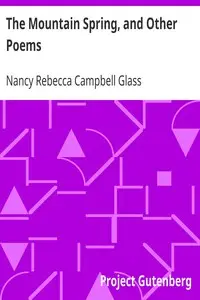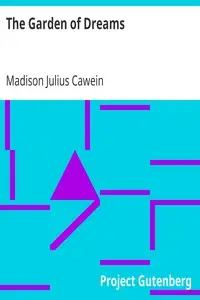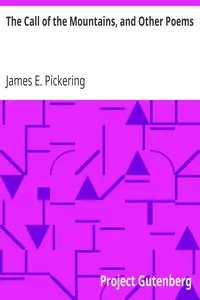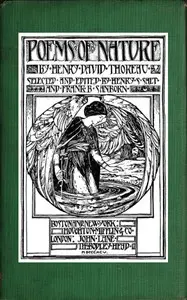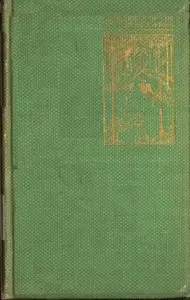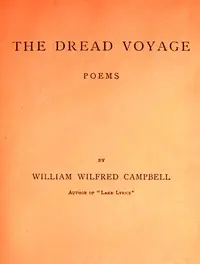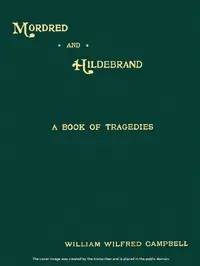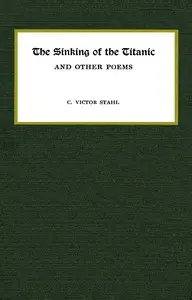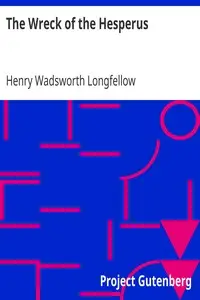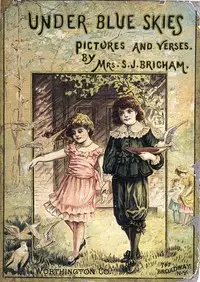"Beyond the Hills of Dream" by Wilfred Campbell is a compilation of poems developed around the end of the 1800's, and examines nature, love, and time utilizing a spiritual link existing between our world and dreams. Campbell uses meaningful pictures and strong thoughts to pull the reader into a calm adventure through life, its elegant nature, and difficulties. Opening the collection, Campbell introduces a dream-like setting where love and memories are combined with beautiful nature. From the very first poem, "Beyond the Hills of Dream," Campbell creates a tone with descriptions of an ideal place away from hardships, and lets hearts find happiness. Campbell suggests a strong desire for a world where love overcomes hurt, and the past may be relived. The following poems mirror this same praise to the natural world while thinking about life, and display Campbell's poetic strength and the emotional themes featured in the collection.
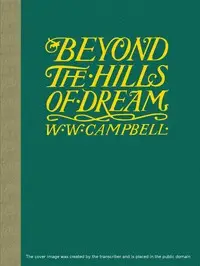
Beyond the Hills of Dream
By Wilfred Campbell
Embark on a reflective journey through love, nature, and timeless dreams, where the heart finds solace beyond the burdens of reality.
Summary
About the AuthorWilliam Wilfred Campbell was a Canadian poet. He is often categorized as one of the country's Confederation Poets, a group that included Charles G.D. Roberts, Bliss Carman, Archibald Lampman, and Duncan Campbell Scott; he was a colleague of Lampman and Scott. By the end of the 19th century, he was considered the "unofficial poet laureate of Canada." Although not as well known as the other Confederation poets today, Campbell was a "versatile, interesting writer" who was influenced by Robert Burns, the English Romantics, Edgar Allan Poe, Ralph Waldo Emerson, Henry Wadsworth Longfellow, Thomas Carlyle, and Alfred Tennyson. Inspired by these writers, Campbell expressed his own religious idealism in traditional forms and genres.
William Wilfred Campbell was a Canadian poet. He is often categorized as one of the country's Confederation Poets, a group that included Charles G.D. Roberts, Bliss Carman, Archibald Lampman, and Duncan Campbell Scott; he was a colleague of Lampman and Scott. By the end of the 19th century, he was considered the "unofficial poet laureate of Canada." Although not as well known as the other Confederation poets today, Campbell was a "versatile, interesting writer" who was influenced by Robert Burns, the English Romantics, Edgar Allan Poe, Ralph Waldo Emerson, Henry Wadsworth Longfellow, Thomas Carlyle, and Alfred Tennyson. Inspired by these writers, Campbell expressed his own religious idealism in traditional forms and genres.

